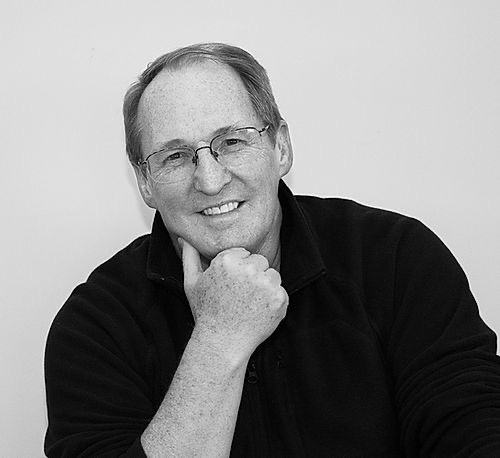THE POWER OF THE SEED
- Penn Clark
- Apr 22, 2020
- 4 min read

In Matthew 13, Jesus said that the sower went forth to sow. It was his responsibility to sow, but he was not responsible for what happened after that. It is clear that the sower did not have any power to produce growth in himself. That power was in the seed. Let’s read this section again, as if it were the first time:
And He said, “The kingdom of God is as if a man should scatter seed on the ground, and should sleep by night and rise by day, and the seed should sprout and grow, he himself does not know how. For the earth yields crops by itself: first the blade, then the head, after that the full grain in the head. But when the grain ripens, immediately he puts in the sickle, because the harvest has come.” Then He said, “To what shall we liken the kingdom of God? Or with what parable shall we picture it? It is like a mustard seed which, when it is sown on the ground, is smaller than all the seeds on earth; but when it is sown, it grows up and becomes greater than all herbs, and shoots out large branches, so that the birds of the air may nest under its shade.” (Mark 4:26-32)
Jesus was saying that, even if we do not understand how it happens, it still does, because the power is in the seed, which is the Word of God. All it requires is that a man sow it into the right soil, and the seed and the soil do the rest.
Russian scientists have found seeds that had been buried by a squirrel beneath 125 feet of permafrost, in what is now northeastern Siberia. Under special conditions, they replanted these seeds, which they estimate to be about 30,000 years old.
They germinated!
“The squirrels dug the frozen ground to build their burrows, which are about the size of a soccer ball, putting in hay first and then animal fur for a perfect storage chamber,” said Stanislav Gubin, one of the authors of the study, who spent years rummaging through the area for squirrel burrows. “It’s a natural cryobank.”8 They think the Siberian permafrost could be a vast time capsule, a place where ancient life is preserved and could be revived.
The plant is of the species “Silene Stenophylla,” which radiocarbon dates back 31,800 years old, plus or minus 300 years. The Russian scientists report they were able to grow 36 plants in the lab, and after a year of tender loving care, they say the plants blossomed, bore fruit, and dropped seeds. They lived, in other words, as if there had never been a 30,000-year interruption.9
You never know what can happen to the seed you have sown into some old cold heart. It could still come to life today. Your only responsibility is to sow, not grow.
I found a similar story of a man from Montana who obtained 36 kernels of wheat in 1950, which had been found in stone box that had laid in buried an Egyptian tomb for about 4,000 years.10 They called it “King Tut Wheat,” and it came to life again even thought it had not seen the light of day for thousands of years. The man who planted them on his farm said he thought they were likely spring wheat. When nurtured along, the wheat grew and produced a greater yield than our wheat. The ears of wheat were about twice as big as our spring wheat and were thought to be drought-resistant.
What have you sown a long time ago?
Paul said that you will reap in due season… if you do not loose heart:
“Do not be deceived, God is not mocked; for whatever a man sows, that he will also reap. For he who sows to his flesh will of the flesh reap corruption, but he who sows to the Spirit will of the Spirit reap everlasting life. And let us not grow weary while doing good, for in due season we shall reap if we do not lose heart. Therefore, as we have opportunity, let us do good to all, especially to those who are of the household of faith.” (Galatians 6:7-10)
SOWING ALL OVER AGAIN
Recovering from spiritual death requires sowing to the Spirit, which is what we should have been doing to avoid sinning in the first place:
“Do not be deceived, God is not mocked; for whatever a man sows, that he will also reap. For he who sows to his flesh will of the flesh reap corruption, but he who sows to the Spirit will of the Spirit reap everlasting life. And let us not grow weary while doing good, for in due season we shall reap if we do not lose heart.” (Galatians 6:7-9)
Sowing involves doing a lot of little things with a repeated action. It is not doing one big thing, or one big act of penitence, but doing consistently what we know to be right. Little steps of disobedience can cause us to die, and little steps of obedience can help us recover our spiritual lives again.
Sowing to the flesh or sowing to the spirit will result in reaping death or life. Everlasting life, in this verse is not going to heaven, but having the life of heaven here and now.





Comments